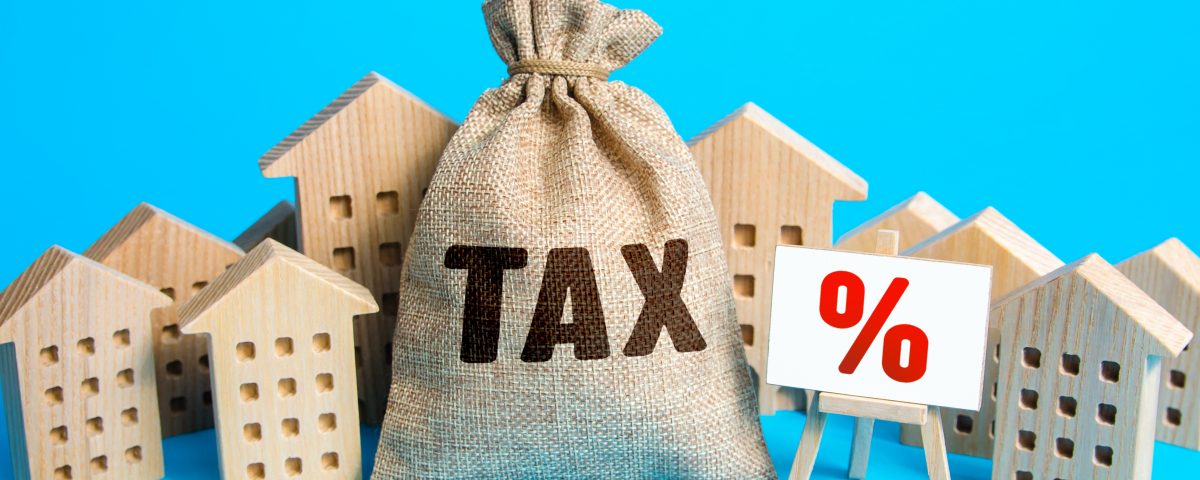What You Need to Know About Capital Gains Tax on Investment Properties

Breakdown of Common Tax Deductions for Investment Properties
February 26, 2025
How Businesses Can Benefit from Outsourcing Payroll Services in Australia
February 27, 2025Investing in property is a smart move to build wealth, but capital gains tax (CGT) on investment property can be tricky if you don’t have the basics covered. In this blog, we’ll simplify everything you need to know about CGT so you can plan ahead, minimise tax liability, and make the most of your investment.
101 of Capital Gains Tax on Investment Property
Capital gains tax (CGT) applies when you sell an investment property for a profit. The gain is the difference between what you paid for the property and what you sell it for, minus any expenses related to selling.
As CGT is part of your income tax, any gains or losses must be reported together with your income tax return. To put it simply, the higher your income is, the more CGT you may owe. When you are taxed for capital gain, it’s best to work out how much you owe and set aside funds to cover it to avoid any unwanted issues. We recommend seeking out a property tax accountant to help.
It’s also important to note that capital gains tax on rental property or investments applies when you transfer ownership, gift the property, or redevelop and sell part of it.
How Capital Gains Tax on Rental Property Is Calculated
The ATO calculates tax on the sale of investment property by subtracting the original purchase price and associated costs from the final selling price. The final capital gain amount is then added to your taxable income and taxed at your marginal rate.
Formula: Selling Price – Purchase Price – Costs = Capital Gain
There are several costs that can be deducted as well such as purchase costs (stamp duty, legal fees, and buyer’s agent fees), holding costs (renovation and maintenance fees), and selling costs (agent commissions or advertising).
Reducing Tax on the Sale of Your Investment Property
Claim the 50% CGT Discount
Only want to pay tax on half of the capital gain? In instances where you’ve owned the asset for at least 12 months, you may be eligible for a 50% CGT discount.
Use the Six-Year Rule
Usually, a property is no longer considered your main residence once you move out. However, with the six-year rule, you can treat an investment property for up to six years if you rent it out. With this, you continue to be exempted from capital gains tax on investment property—provided you don’t own another home at the same time.
Offset Capital Gains with Capital Losses
If you’ve made losses on other investments (such as shares), you can use them to offset your tax on the sale of an investment property. Losses can also be carried forward to reduce future capital gains.
Timing Your Sale Strategically
Selling in a lower-income year could reduce your overall tax bill. If possible, spread capital gains over multiple years to avoid pushing yourself into a higher tax bracket.
Boost Your Returns Today
Selling an investment property comes with tax obligations, but with strategic and proactive planning, you can minimise CGT and maximise profits.
If you need expert advice, reach out to a tax return consultant at JCB Accounting. We’ll guide you through the tax implications of selling a rental property with ease.




